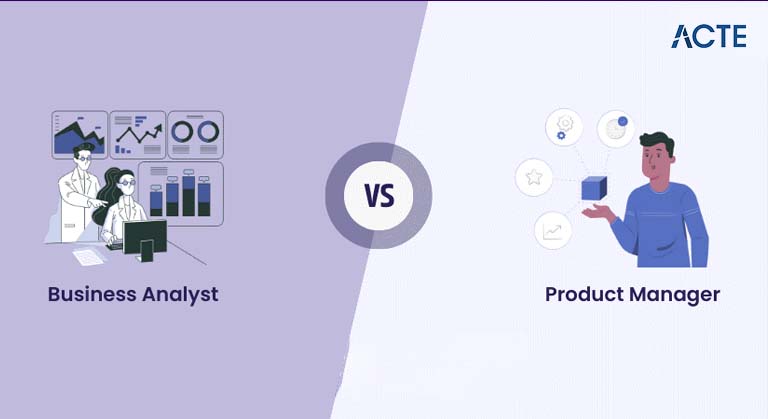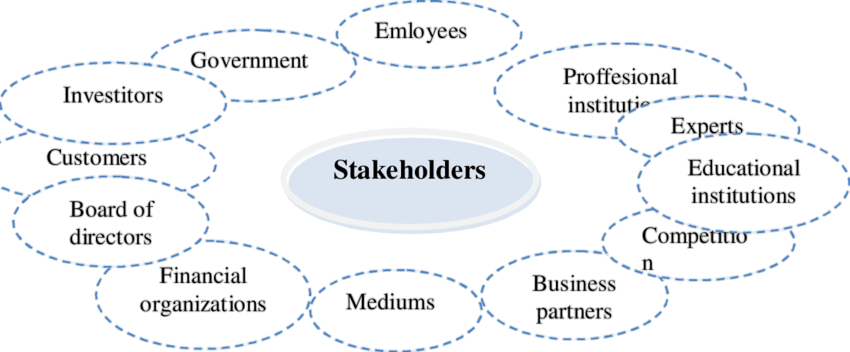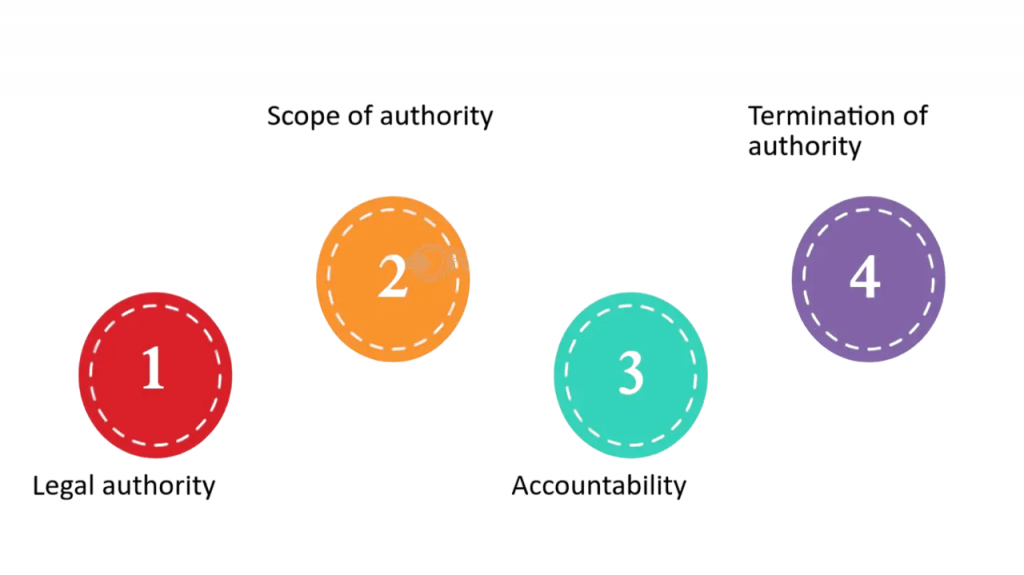
- Introduction to Each Role
- Strategic vs Tactical Responsibilities
- Focus Areas: Product Lifecycle vs Requirements
- Stakeholder and Customer Focus
- Collaboration with Dev and Marketing Teams
- Tools and Platforms Used (e.g., Jira, Aha!)
- Product Metrics vs Business Metrics
- Scope of Authority and Decision Making
- Real-World Examples of Both Roles
- Role Transition Pathways
- Which Career Suits Your Background?
- Conclusion
Introduction to Each Role
Business Analyst vs Product Manager are both critical to product and project success, but they serve different roles and bring distinct skills to the table. PMs focus on the product’s overall vision and lifecycle, ensuring it meets customer needs and aligns with business objectives. BAs, on the other hand, are more involved in gathering requirements, analyzing business needs, Scope of Authority and Decision Making and ensuring that solutions are feasible and efficient. Understanding the responsibilities and distinctions of each role helps organizations assign the right resources and professionals to the appropriate tasks.
Are You Interested in Learning More About Web Developer Certification? Sign Up For Our Business Analyst Online Training Today!
Strategic vs Tactical Responsibilities
- Product Managers often operate at a strategic level. They define the product roadmap, prioritize features based on business goals, and make high-level decisions about the product direction.
- Their focus is on long-term vision and strategy.
- Business Analysts, conversely, typically function at a tactical level.
- They analyze business processes, gather and document requirements, and act as a bridge between stakeholders and the technical team.
- Their goal is to ensure that each feature or solution aligns with both business and user requirements.
- However, the line between strategic and tactical can blur depending on the organization.
- In some agile environments, BAs may contribute to strategy, while PMs dive into technical feasibility.
Focus Areas: Product Lifecycle vs Requirements
The Product Manager’s focus spans the entire product lifecycle—from ideation to launch and beyond. They are responsible for defining what to build and why it matters. PMs conduct market research, Business process efficiency assess competitive positioning, and manage product backlog prioritization.
Business Analysts concentrate on gathering detailed requirements and ensuring the development team fully understands the business context. They work closely with stakeholders to document needs, define scope, and identify potential roadblocks early. Their work is essential for accurate and effective implementation.
Stakeholder and Customer Focus
- PMs primarily represent the voice of the customerThey gather feedback, conduct user research, and ensure the product delivers customer value. Their stakeholder group includes end-users, executives, and marketing teams.
- BAs focus more on internal stakeholdersThey interact with department heads, system users, and project sponsors to understand workflows and constraints. Their goal is to ensure that the project or product meets organizational objectives while being practical and technically feasible.
- Jira: Used for task and project management.
- Confluence: For documentation and collaboration.
- Aha!: Primarily used by PMs for roadmapping and product planning.
- Microsoft Visio: Used by BAs for process mapping.
- Balsamiq/Axure: Used for wireframing and prototyping.
- Trello/Asana: For simpler task management workflows.
- User engagement and retention.
- Customer satisfaction (NPS).
- Feature adoption rates.
- Revenue generation and churn.
- Requirements traceability.
- Project completion timelines.
- System error reduction.
- Business process efficiency.
- PMs generally have more decision-making authority, especially in product-centric companies. They decide what gets built and when, balancing Business process efficiency with technical feasibility.
- BAs typically influence decisions by providing detailed analysis and recommendations. They don’t own the final decision but have a significant role in shaping it through their insights and documentation.
- In mature organizations, the Scope of Authority and Decision Making hierarchy is clearly defined. In startups, these roles often blend in Business Analyst vs Product Manager.
- The Product Manager identifies a market need for AI-powered savings recommendations, conducts competitive analysis, and defines the product roadmap.
- The Business Analyst conducts workshops with stakeholders, collects requirements, defines workflows, and ensures development aligns with regulations and compliance standards.
- The Product Manager ensures that the new system aligns with the company’s digital transformation goals.
- The Business Analyst gathers requirements from each department, documents existing workflows, and coordinates with IT for customization and testing.
- A BA with strong product instincts may move into a PM role after gaining customer-facing and strategic experience.
- A PM with deep analytical skills may take on BA-like tasks, especially in smaller teams.
- Certification and additional training (like CSPO for PMs, CBAP for BAs) can facilitate transitions. This transition is often supported by mentorship, cross-functional project exposure, and a strong understanding of business process efficiency and customer needs.
- If you enjoy strategic thinking, customer interaction, and owning product decisions, PM is likely a better fit.
- If you excel in analytical tasks, process mapping, and documentation, a BA role may suit you better.
- Backgrounds in marketing, UX, or entrepreneurship often lead to product management. Those with experience in operations, systems analysis, or quality assurance often thrive in Business process efficiency.

Are You Preparing for Business Analyst Jobs? Check Out ACTE’s Business Analyst Interview Questions & Answers to Boost Your Preparation!
Collaboration with Dev and Marketing Teams
Product Managers work extensively with development teams to convey the product vision and ensure timely delivery. They also collaborate with marketing teams to position the product correctly, plan go-to-market strategies, and gather customer feedback post-launch. Business Analysts work closely with developers and testers. They help translate business requirements into technical specifications and use cases. Their collaboration with QA teams ensures that testing aligns with user needs. While they may interact with marketing, their role is less customer-facing.
Are You Considering Pursuing a Master’s Degree in Business Analyst? Enroll For Business Analyst Masters Program Training course Today!
Tools and Platforms Used (e.g., Jira, Aha!)
Both PMs and BAs use a variety of tools, some overlapping. Common tools include:
While PMs prefer tools that support product strategy and roadmaps, BAs gravitate toward those that aid in detailed documentation, process modeling, and requirement gathering.
Product Metrics vs Business Metrics
Product Managers focus on metrics that indicate product success. These include:
Business Analysts track metrics that reflect process improvement and project success, such as:
While both roles value metrics, their interpretation and use differ significantly based on objectives.
Scope of Authority and decision making

Real-World Examples of Both Roles
Business Analyst vs Product Manager Consider a fintech startup launching a new mobile banking feature:
In an enterprise ERP upgrade project:
Role Transition Pathways
It’s common for professionals to transition between these roles depending on interest and experience:
Which Career Suits Your Background?
Your ideal role depends on your strengths:
Conclusion
Business Analyst vs Product Manager are essential in ensuring that products are viable, valuable, and technically sound. While they often collaborate closely, each brings unique perspectives and skillsets to the table. Understanding their responsibilities, focus areas, business process efficiency and tools can help professionals choose the path that aligns best with their career goals and interests. Whether strategic or tactical, customer-facing or process-driven, Scope of Authority and Decision Making each role contributes significantly to the success of modern businesses.




